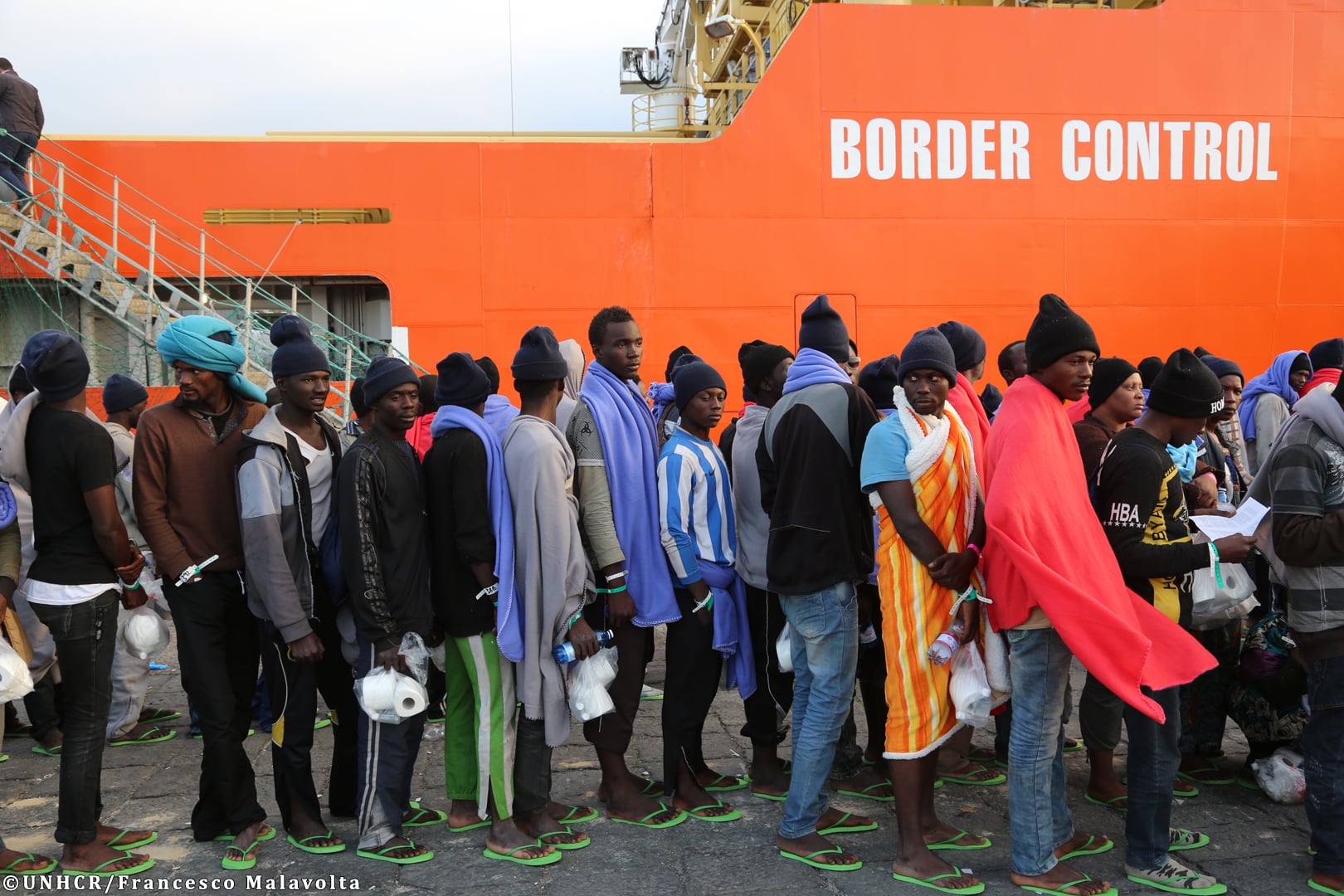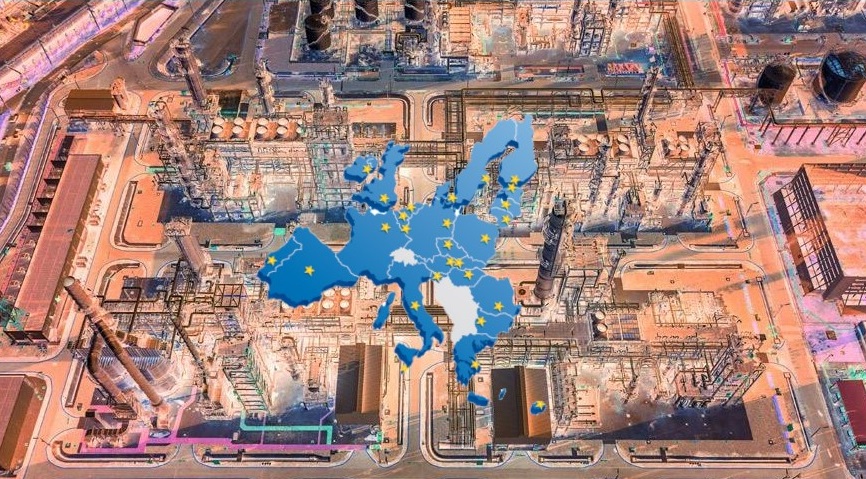Brussels – The feeling is that economic trends for the EU and its eurozone are not so bad. Of course, they’re not going swimmingly because uncertainties remain in the wake of tensions in the Middle East and a lingering Russian-Ukrainian war, but there is optimism in Brussels. Cautious but helpful in speaking to markets. “We expect that there will be an acceleration of the economic activity,” admits Economy Commissioner Paolo Gentiloni on the sidelines of the Eurogroup work.
He does not mince words because the Commission will present its spring economic forecast on Wednesday (May 15). Still, he already offers small glimpses of what may be contained in the document being finalised in Brussels. Indeed, he admits, it is a “very moderate” recovery, which nonetheless bodes well because “it takes place in a downward inflation context” that produces optimism even in Christian Lindner, Germany’s Finance Minister. “We are registering progress as far as inflation is concerned, although we are not yet where we should be,” namely the reference value of 2 per cent, which the European Central Bank believes can be reached by the middle of next year.
Germany looks to global competitors, the United States above all. “If we compare with the US for what we have achieved in terms of inflation, we are doing better than them. We lag behind in terms of growth,” laments Lindner. Therefore, whatever figures the EU executive will unveil shortly for Europe, no significant change of pace is in sight. In keeping with tradition, the Commission will produce conservative estimates, but there is some sharing of optimism. “Our economy is strengthening,” insists Valdis Dombrovskis, commissioner for an Economy that serves people, but adds, “Downside risks remain.”
Thus, economic forecasts with some shadows and numbers postponed to the day of publication. In the meantime, Gentiloni renews an invitation that also and especially concerns Italy, a heavily indebted country.
“Debt reduction is necessary,” he cuts short. He calls for work to be done now because, with the proper arrangements, the government could also avoid proceedings for macroeconomic imbalances, which Brussels will decide on June 19, after the European elections and the election truce. “We will see whether it will be the new Commission or the existing one that makes this decision,” Gentiloni says. Nothing is lost, then—a suggestion to the government to do its homework.
English version by the Translation Service of Withub



![La presidente della Bce, Christine Lagarde, al termine della riunione del consiglio direttivo [Francoforte, 7 marzo 2024]](https://staging.eunews.it/wp-content/uploads/2024/03/laga1-350x250.png)




